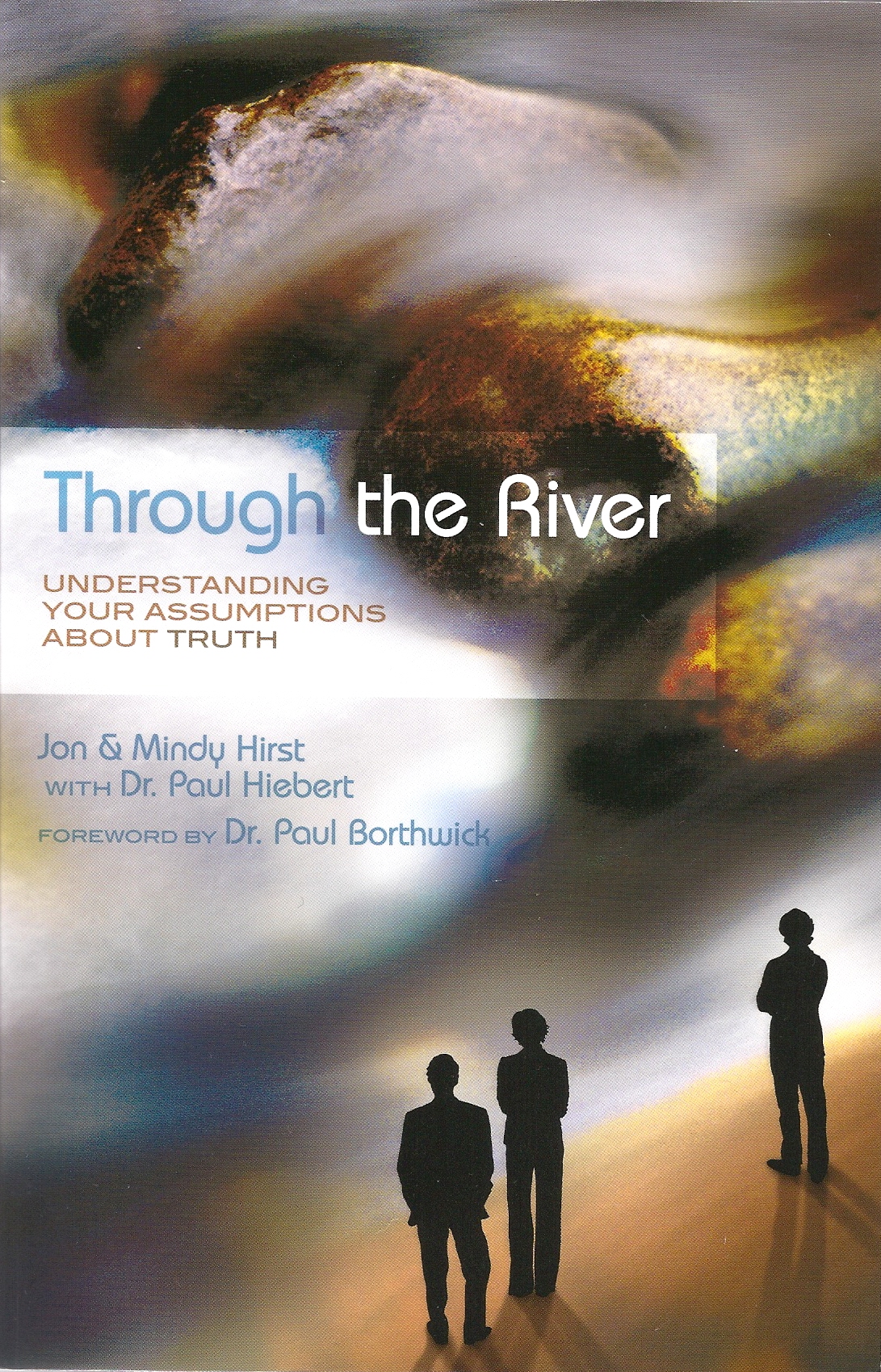by Matthew Raley As we've seen over several weeks (starting here), three trends contribute to churches' loss of mission:
1. Politicization: the alliance between evangelicals and the religious right has confused the purpose of church life. Many now view churches as centers of political activism to "redeem the culture."
2. Media dependence: Many churches are vendors for conferences, videos, and books from parachurch organizations. Such churches do not have a mission developed locally, but purchase a mission from Focus on the Family or Rick Warren. This trend has degraded relationships, as media-focused living always does.
3. Weakened gospel: Many evangelicals are hocking the messages of political change and personal fulfillment, which, while salable, are not the message of the New Testament. The Gospel of the apostles is about the resurrection of human beings from the dead in the righteousness of Jesus Christ. This message can only be communicated effectively by a church with profound and stubborn focus. No focus, no Gospel.
A business plan for local churches has emerged from these trends. Attract a lot of new people. Give them activities that are fun and broadly Christian. Try to motivate them toward believing in Jesus.
Like any business plan, this one says that investment will yield a return. The investments required for attracting masses of people -- in snap-crackle-and-pop media, high-energy staff, well-designed activities that people want to join -- will yield maturity in Christ over time. That return on investment will then power the church into more growth.
Three problems.
This business plan is expensive in both time and money. Furthermore, this expensive plan has been designed to serve a confused mission. Finally, it does not deliver the promised Christian maturity. The failure to deliver a return is now a documented fact, published by, among other sources, the eminence grise of church growth, Willow Creek.
In business terms, investment plus unprofitability equals closure. Churches are closing because they operate on poor business plans designed to support a confused mission.
The issues are both spiritual and practical. The goal of the New Testament has to be restored in its brilliant clarity: move people toward completeness in Christ (e.g. Colossians 1.24-29). The spiritual requirement for this restoration is depth of experience in relationship with Jesus Christ and his teaching. Leaders must have this depth, and they must bring congregations along.
But the practical requirement is just as important. If there is no business plan to advance the New Testament mandate, then church life deteriorates to mere words. How is your church going to move people toward completeness in Christ? What resources of money, personnel, and time are you going to devote to the task corporately? And how are you going to measure the return on that investment?
I believe that no business plan to direct the investment of church resources will yield a return today unless it produces the following outcomes:
1. Submission of heart-and-mind to the Bible.
Churches need to devote money and time to the exposition of Scripture from original languages at weekly worship. This teaching must be effective enough to spur one-on-one discussion of the Scriptures among the congregation. The scholarship must be fresh, the applications specific, and the presentation excellent. The financial cost is the salary of a preaching pastor. The time involved is also costly: few educators have to produce brand-new material every single week.
Return on investment: the deepening and stimulation of the congregation's intellectual and spiritual life. (Don't underestimate how important this is: a community needs a clear agenda.)
2. An individual, daily practice of worship.
Individuals need to be apprenticed in the spiritual disciplines. This requires a financial investment in staff and in lay leadership training so that the intensive mentoring is being done by lots of people. Here, too, the time invested is costly: apprenticeship is about face-time with individuals and small groups.
Return on investment: intensifying the vitality of people's relationship with God and experience of the Gospel. This refreshes a person's motivation to serve God, which in church life is the first thing to dry up.
3. Obedience to the fifth commandment.
This requires the programmatic decision to mix generations intentionally rather than segregate them. If there is no reverence cultivated in younger people for elders, church life is mere words. This should not cost a lot of money that a church wouldn't otherwise spend. It need not cost any. But it does cost time in focused planning.
Return on investment: Reverence for your elders refreshes motivations again with love and regard for prized relationships, and it establishes a natural form of ethical accountability.
There are several more crucial outcomes I'll outline next week, along with specific methods we have found useful in Orland toward these ends.
But I'll sign off with this: criticizing the religious right, media-driven culture, or the church growth movement is not enough to reverse the local church's decline. Dippy stewardship is not overcome by preaching or prayer alone, but by stark realism. And that means taking a hard look at business plans.



